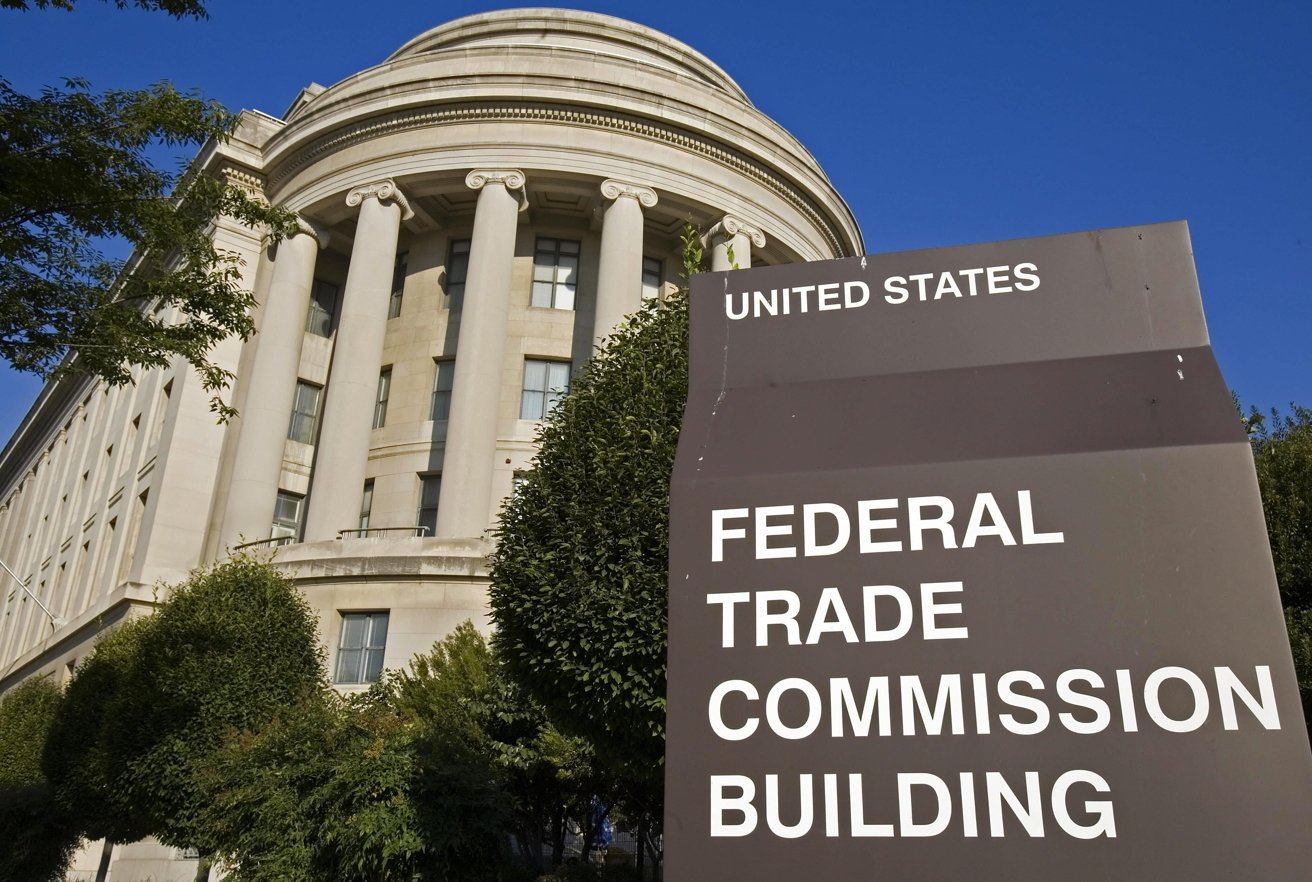TL;DR: Apple and Amazon have an agreement that Apple can buy all the sponsored product slots when someone searches for an iPhone, iPad, etc.
Samsung and other companies are unhappy that Apple products show up when their products are searched on Amazon, but not the other way around.
You left out the part where searching for Apple products was returning results of counterfeit products because Amazon loves their scummy cheap junk. Apple got sick of this and told Amazon that if they wanted to be a reseller of actual Apple merchandise, they would need to agree to clean things up or Apple would stop selling on Amazon.
There’s nothing stopping Samsung and other brands from demanding the same thing. And they should.
I read this as “Amazon knowingly profits from selling ads for counterfeit products”.
I wonder if Apple has more pull on Amazon’s marketplace. Apple might have a bigger slice of the pie and fewer alternatives in the counties that Amazon operates in / dominates in.
This seems like it’s going to be a tough case to win. Or, if they did win it, it could be a big change to the retail world. This has been happening in grocery stores, electronic stores, big box stores, etc. for 50+ years. It’s really common for retailers / suppliers to strike deals for special placements or spots that are away from competing products. Best Buy or your local grocery store is a prime example of this.
So, more broadly, want to express the sense that there is a bigger issue around ‘unspoken market collusion’ that I dont know fits under the existing terms of monopoly, price fixing, or conspiracy, but is very very very clearly evident in a wide range of markets. Three great examples of this are oil prices, food prices during and post pandemic (coffee being one that goes far further back in time; 16 ounce coffee bags used to be standard), and digital services (ie, the enshitification of all things; a ‘conspiracy’ to make all things ‘worse’ because their is no where else to go).
The free market idealism, a worship of the supposed power of competition, is so obviously horse shit that only 8th grade level MBAs and their sycophants truly believe that shit. Its so obviously not how things work at scale, but because of field effects of many players whose are incentives are aligned (around capture and deregulation), we seem to have lost any real mechanisms for addressing the fact that so many industries are in a silent form of conspiracy to fix prices and monopolize market spaces.
Its frustrating that its happening, but its equally frustrating to not have people calling it out for what it is. Each of these story lines is but a thread in a broader narrative around these examples (Apple and Amazon), consistently happening over time, repeatedly fucking over consumers who are effectively operated on by both governments and corporations to become perfect consumers (tools to destroy the yields of production to justify endless production).
We need a way to push back against the kinds of capture that we don’t seem to currently have the ability to address. Specifically (at least in the US) Citizens United, and corporate lobbying. I’m tired of pretending that markets solve anything. I’m tired of pretending that ‘good guy capitalism’ is anything other than a half cycle of a corporate mechanism to enslave the world.
As someone who has worked in retail for decades, I can attest to this Amazon-Apple relationship basically being the norm for 50 years. It really took off in the 80’s in the brick and mortar world. Stores started to realize that they could strike deals around product placement in order to make additional revenue or to woo particular manufacturers, CPGs, etc.
Makes me think that Samsung is going to have an uphill battle with this case. From grocery stores, electronic stores, big box stores, online stores. Everyone does this and there is a fair chunk of legal precedent around this.
Free market capitalism inevitably leads to monopolies. Political economists wrote about this in the early 20th century; have a read of “Imperialism: The highest stage of capitalism” sections 1-5 are most relevant but the rest is also.





